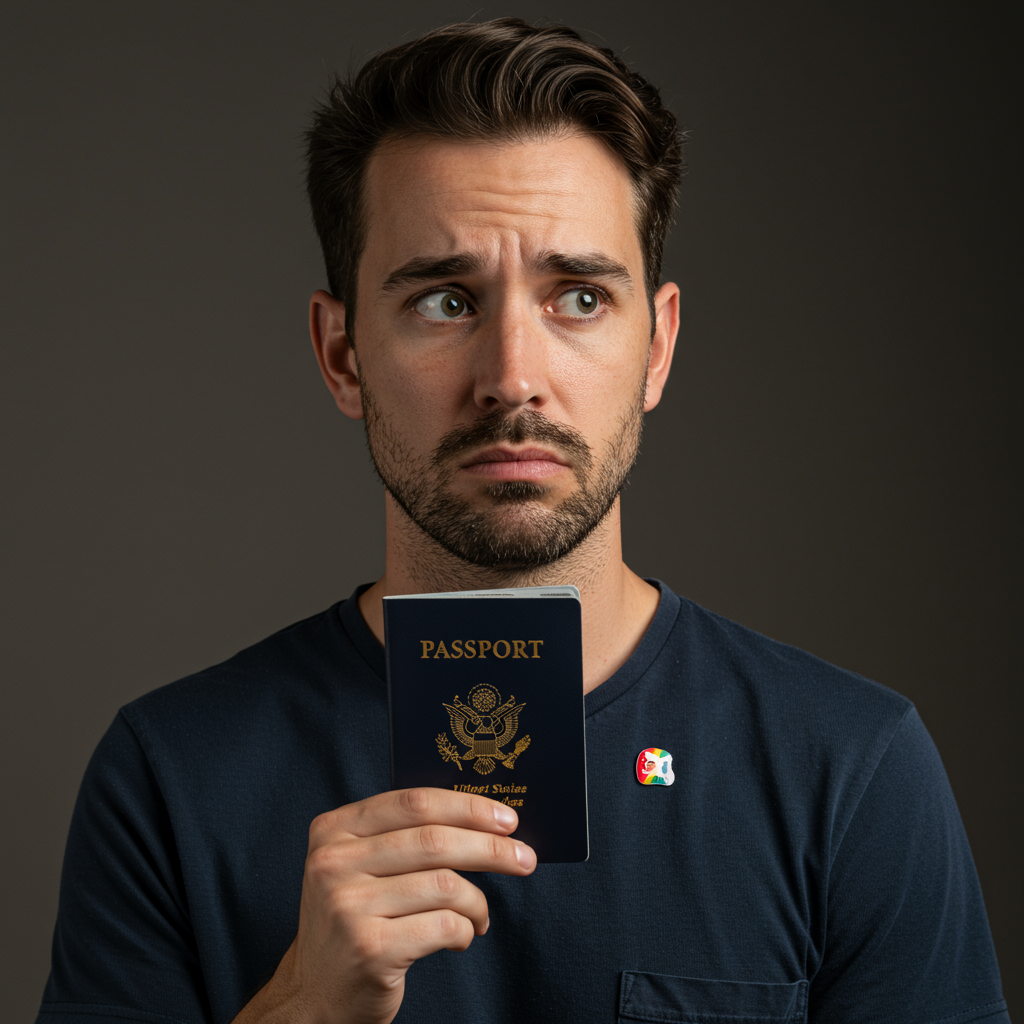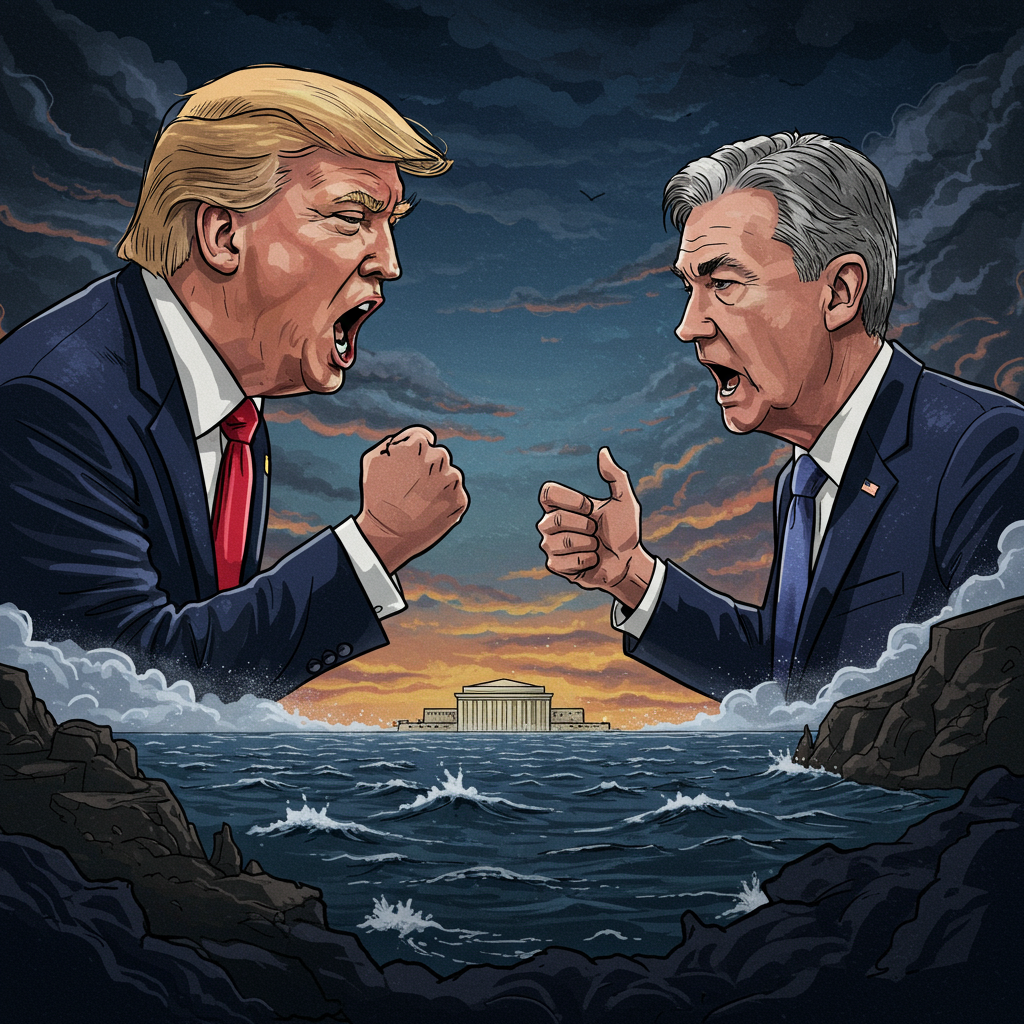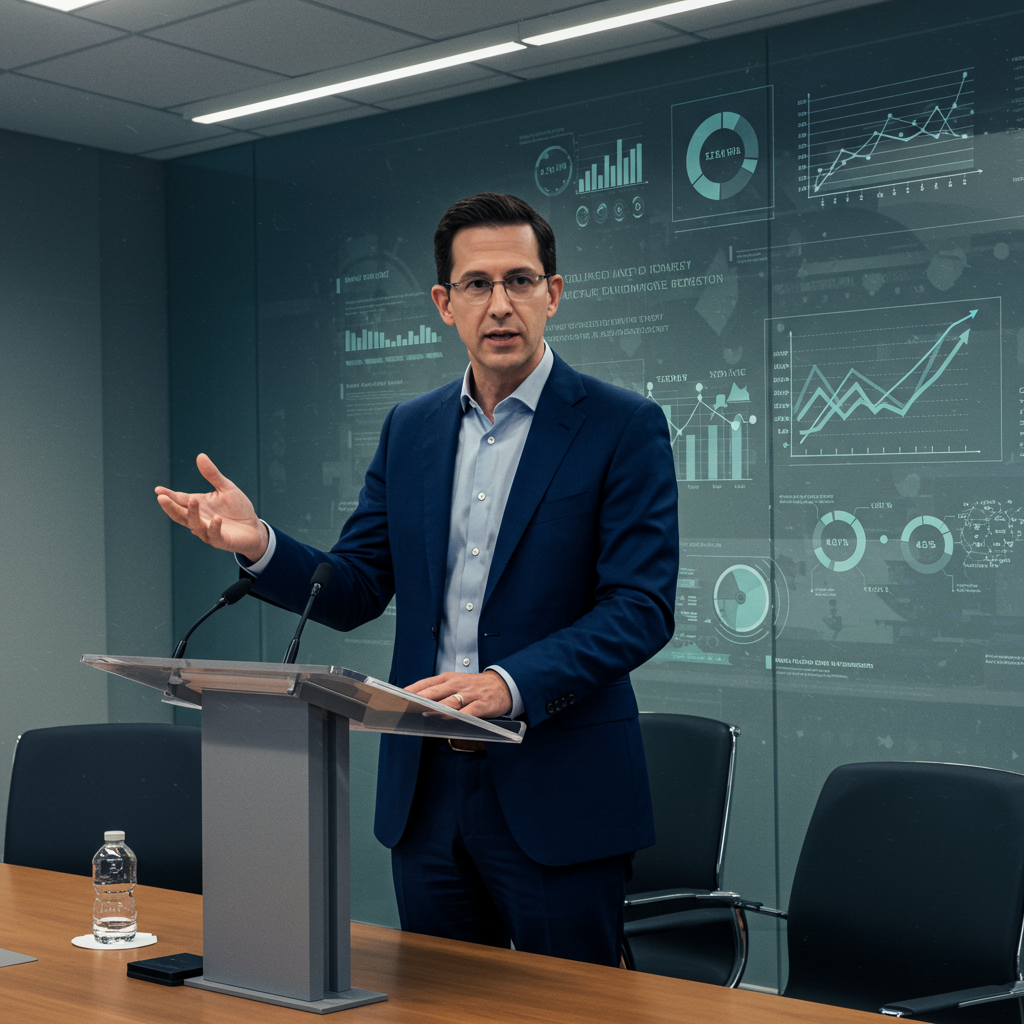international lgbtq+ individuals are reconsidering or canceling planned trips to the United States, citing a mix of political tensions, increasing anti-LGBTQ+ sentiment, and economic factors. This hesitation represents a notable shift in travel patterns and poses a potential financial challenge for the U.S. tourism sector. For many, travel planning is now influenced by concerns over personal safety and a desire to support economies perceived as more inclusive.
Canadian Robert Sharp, for instance, canceled a planned July trip to Provincetown, Massachusetts – a well-known LGBTQ+-friendly destination – for a friend’s birthday. He and his travel companions opted instead to visit Montreal. Sharp also changed separate plans for a U.S. trip to Chicago or Fort Lauderdale, Florida, choosing a Canadian road trip between Calgary and Vancouver instead. He explained that ongoing trade tensions and tariffs, coupled with a rise in patriotic sentiment in Canada, made the decision to explore domestically and support the Canadian economy a natural choice. Sharp questioned the value of adding stress related to political climate before a vacation, asking, “Why would I go there?” when weighing U.S. vs. Canadian destinations.
Policies Fuel Travel Warnings and Safety Fears
Specific U.S. policies and rhetoric targeting LGBTQ+ rights, particularly transgender individuals, are major drivers behind the travel pullback. Under the Trump administration, executive orders impacting transgender people, such as restricting military service and attempts to exclude transgender athletes from women’s sports, have heightened concerns. A directive recognizing only two sexes, male and female, has created significant uncertainty for travelers whose passports use an “X” gender marker or whose documentation doesn’t align with their sex assigned at birth.
This climate has led several countries and international organizations to issue formal travel advisories. Germany, Denmark, and Finland have alerted LGBTQ+ travelers, especially those who are transgender, nonbinary, and gender nonconforming, about potential entry issues and safety risks in the U.S. InterPride, a global association representing over 400 Pride organizations, also issued a similar warning, specifically highlighting problems with U.S. entry applications requiring a binary sex selection. They advised transgender travelers to contact U.S. authorities beforehand to clarify requirements. Canada also updated its travel guidance to include specific advisories for individuals with an “X” gender listed on their passports.
Border Scrutiny and Legal Jeopardy
Concerns extend beyond policy to practical realities at U.S. borders. Reports indicate increased scrutiny during entry procedures. Amnesty International USA has warned of a “real threat of profiling and targeting” trans, nonbinary, and genderqueer travelers, calling it an “all-out assault on the civil liberties” of many. Forcing travelers to prove their gender identity aligns with their sex assigned at birth is seen as discriminatory and difficult, particularly for individuals from countries where birth documentation may be unreliable. Some international LGBTQ+ individuals have shared fears of detention due to diverse passports or perceived discrepancies. Even travel content creators who are gay men, like Couple of Men, have expressed reluctance to promote U.S. travel due to conversations with trans friends about their border anxieties.
Economic Impact and Shifting Demand
This reluctance is beginning to show in tourism data. According to the International Trade Administration, foreign visitors arriving in the U.S. by air dropped 10% in March compared to the previous year. Including land crossings, total inbound visitors fell 14% in the same period. Oxford Economics projected a potential $8.5 billion fall in international visitor spending this year, attributing this to negative perceptions tied to trade and immigration policies.
Data from the LGBTQ+ travel platform misterb&b illustrates the trend within the queer travel market. From February to April, bookings for U.S. accommodations saw a 66% decline among Canadian users and a 32% decline among European users compared to the prior year. While overall global bookings on the platform increased, indicating that LGBTQ+ individuals are still traveling, their destinations are changing. Misterb&b data also showed a 22% increase in bookings in U.S. “blue states” during that period, contrasted with a 9% decline in “red states.” Cities within red states like Salt Lake City, Phoenix, and Austin, Texas, reportedly experienced declines in bookings on the platform.
Industry Losses and Airline Adjustments
The economic consequences are significant for the U.S. travel industry. Canada is the largest source of international visitors and spending for the U.S. travel market. Even a 10% drop in Canadian visitors could mean 2 million fewer visits and $2.1 billion in lost spending. The National Tour Association reported an “astronomical” decline in group travel bookings from Canada, describing the impact as “devastating” for both Canadian operators and U.S. businesses like hotels, restaurants, and attractions. Some U.S.-based tour operators reported losing over half of their Canadian business.
Airlines have also responded to the decreased demand on certain routes. Air Canada reportedly reduced flights to popular U.S. destinations like Florida and Las Vegas by 10%. Other carriers like WestJet, Flair Airlines, and Air Transat also saw declines or shifts in bookings away from the U.S. towards destinations in Mexico and the Caribbean. This broad impact affects not only large businesses but also smaller, local establishments that rely heavily on tourism revenue, such as barber shops, spas, restaurants, and bars.
Travel as Activism and Destination Choices
For many LGBTQ+ travelers, destination choice has become a form of activism. A survey by misterb&b found that a majority of users polled this year view their travel budget as a way to support inclusive destinations and economies. This aligns with the advice from organizations like the International LGBTQ+ Travel Association (IGLTA), which recommends that travelers research potential destinations thoroughly, connect with local LGBTQ+ groups, understand local laws, and prioritize locations known for inclusion.
This focus on safety and values influences where LGBTQ+ travelers are going. Some are opting for domestic trips within their home countries or exploring other international destinations perceived as safer or more welcoming. Within the U.S., there’s a noticeable trend towards favoring areas known as “blue bubbles” or locations with established reputations for LGBTQ+ inclusivity, such as Palm Springs, California. However, even plans for such destinations can be approached with apprehension due to the unpredictable political climate and potential for sudden policy changes.
Pride Attendance: A Mixed Picture
The impact is also felt around major LGBTQ+ events. Egale Canada, a prominent LGBTQ+ advocacy group, announced its members would not attend U.S.-based conferences or events this year, including WorldPride in Washington, D.C., primarily citing safety concerns for their staff, particularly transgender and nonbinary individuals. Concerns were also raised about pushing back against perceived “economic warfare” between the U.S. and Canada.
Attendance at U.S. Pride events presents a mixed picture. While some reports suggest lower attendance and significant declines in corporate sponsorship for WorldPride DC compared to past international events like NYC WorldPride in 2019, other local Prides reported strong or even increased attendance. Organizers of WorldPride DC acknowledged that anticipated international bookings were lower due to concerns about traveling to the U.S. Corporate sponsors, particularly federal contractors, reportedly pulled back on Pride support, fearing that association with Diversity, Equity, and Inclusion initiatives could make them targets.
However, many U.S. Pride organizers emphasized the importance of holding these events despite the political climate. NYC Pride anticipated millions of attendees, consistent with typical numbers, despite losing corporate sponsorships. Phoenix Pride and Salt Lake City Pride reported increased attendance at their recent events, highlighting the role of local Prides in providing a safe community space, often for regional visitors rather than international tourists. As one organizer put it, for many attendees, it’s less about international travel or politics and more about finding the closest place where they feel safe and part of a community, “if just for a weekend.”
The Significant LGBTQ+ Travel Market
The decisions of these travelers have real economic weight. The global LGBTQ+ tourism market was estimated at nearly $300 billion in 2023 and is projected to more than double over the next decade. Research indicates that LGBTQ+ travelers are often more affluent than other traveler demographics, with higher household incomes, and tend to spend more on experiences like activities and tours during their trips. This makes them a valuable segment for the tourism economy.
As the political and social landscape in the United States continues to evolve, the choices of international LGBTQ+ travelers will remain a key indicator of global perceptions of U.S. inclusivity and safety. The trend suggests that destinations wishing to attract this market must actively demonstrate a commitment to diversity, equity, and inclusion.
Frequently Asked Questions
Why are international LGBTQ+ travelers concerned about visiting the U.S. now?
Concerns stem primarily from recent U.S. policies and rhetoric targeting the LGBTQ+ community, particularly transgender individuals. Changes in entry regulations, border scrutiny regarding gender markers on passports, perceived threats to safety, and formal travel advisories issued by other countries have made some travelers feel unwelcome or unsafe. Economic factors like trade tensions and a desire to support more inclusive economies also play a role in their decision-making process.
What kinds of destinations are LGBTQ+ travelers choosing instead of the U.S.?
Many international LGBTQ+ travelers are shifting their plans to other destinations perceived as more welcoming or safer. This includes taking trips within their home countries, visiting other international destinations like Montreal or locations in Mexico and the Caribbean, or focusing on specific cities or regions within the U.S. known as “blue bubbles” with strong reputations for LGBTQ+ inclusivity and protections.
How is this trend impacting the U.S. travel industry economically?
The pullback in international LGBTQ+ travel contributes to a broader decline in foreign visitors to the U.S. This results in significant estimated losses in traveler spending, potentially totaling billions of dollars. Reduced demand affects airlines, hotels, tour operators, and numerous smaller businesses like restaurants, bars, and shops that rely on tourist revenue, leading to potential job losses within the U.S. tourism sector.




